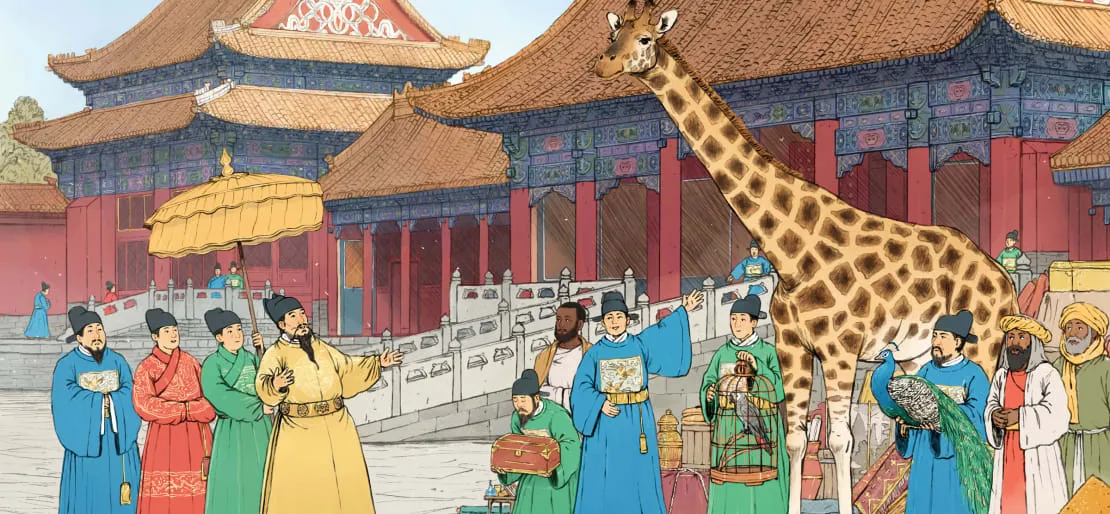Japan
“Foreign Customs are Now Generally Understood Throughout Japan”: Foreign Influence on Japanese Reform in the Nineteenth Century
Discussion of how the Japanese understood foreign influences

“Steel is the Mother of Industry”: Teaching the Second Industrial Revolution in Japan
Discussion of the Second Industrial Revolution in Japan

“The Lesson to be Drawn for Japan”: The Origins of Japanese Industrialization
Discussion of teaching the origins of Japanese industrialization

“A Turning Point in My Life”: East Asia in the Forty Years’ War
Discussion of teaching East Asia in the World Wars
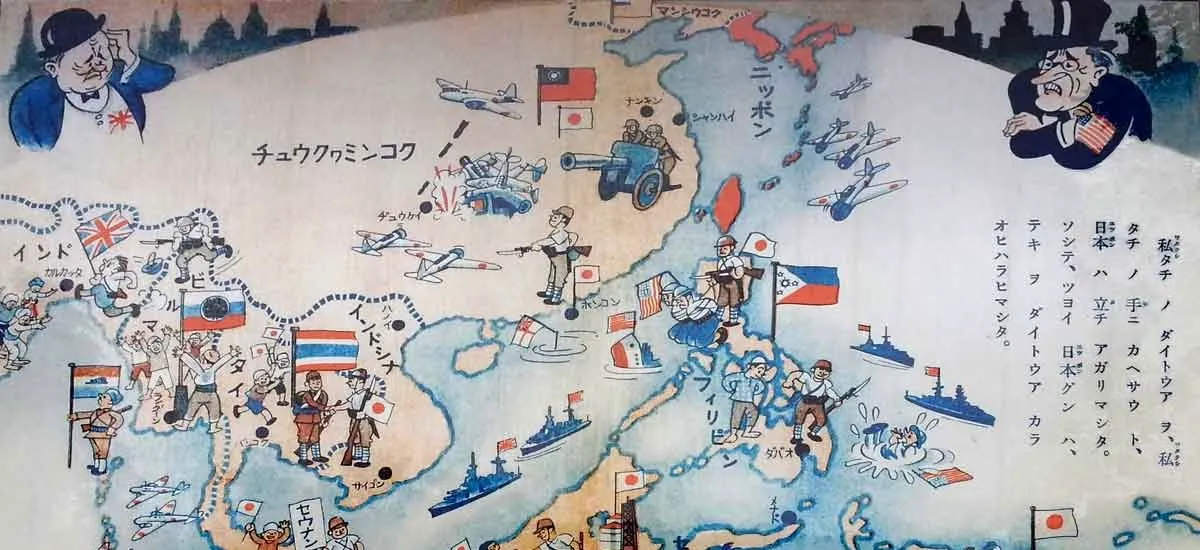
“Looking For Hope, Betterment”: Global Migration, c.1920 - c.1960
Discussion of teaching global migration from 1920 to 1960
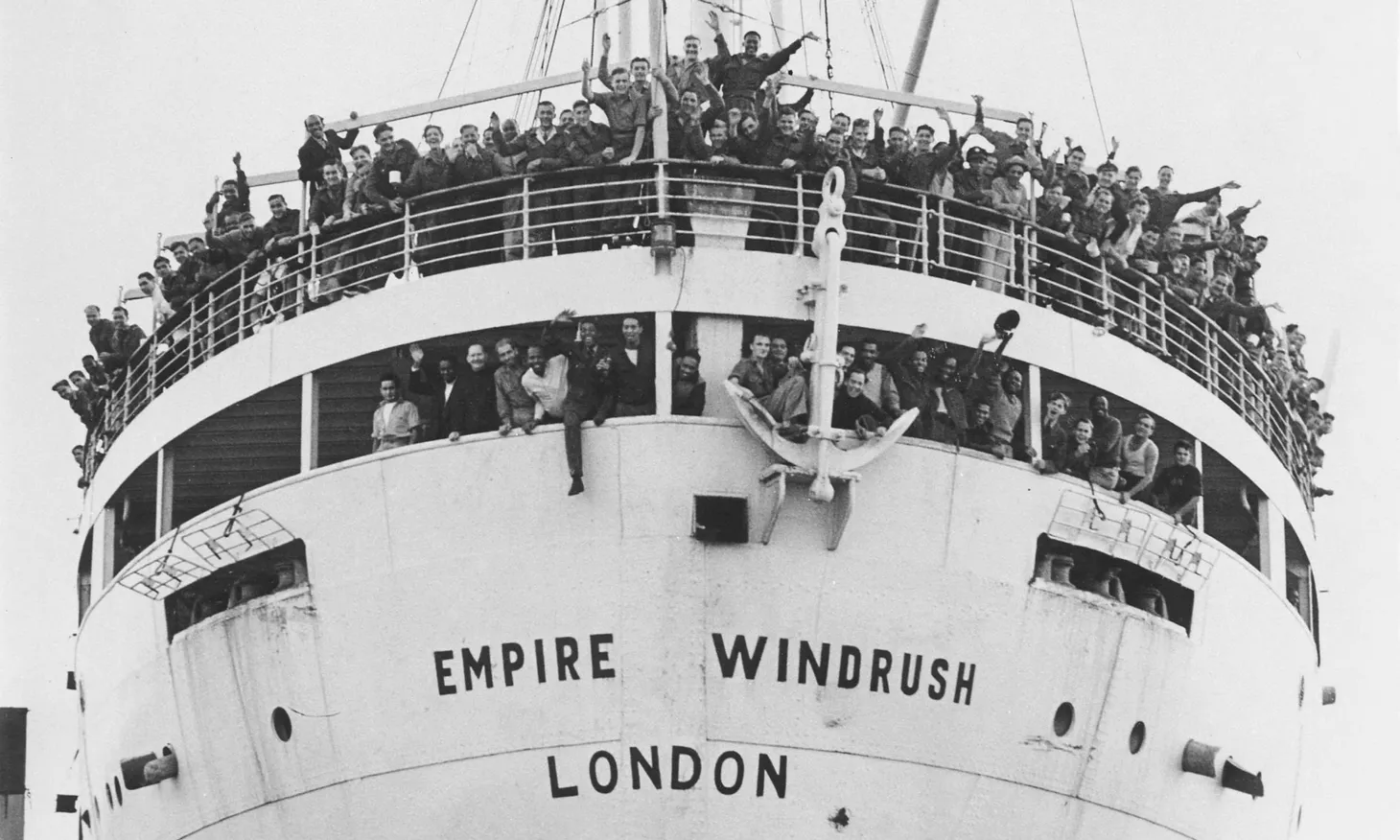
“The Way of Ruling a State”: Tokugawa Japan and Bureaucratic Elites
Discussion of how Tokugawa Japan encouraged samurai to also become civil officials
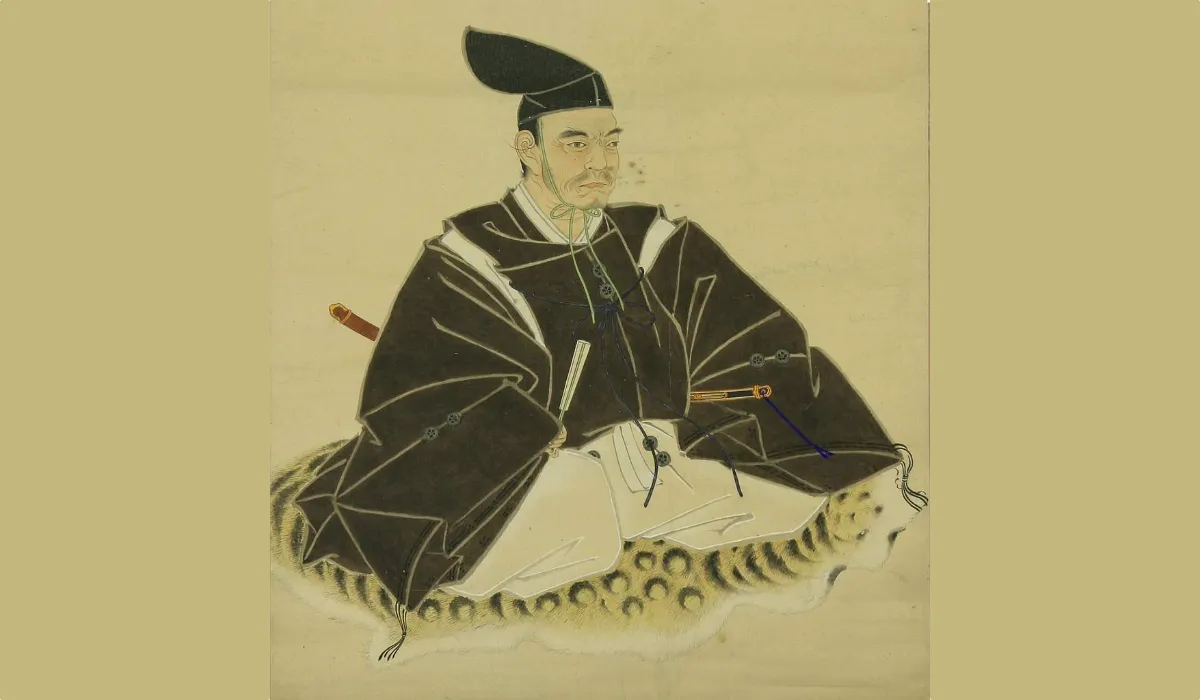
“Seven Snowfalls Until the Spring”: The Little Ice Age and Tokugawa Japan
Discussion of teaching the Little Ice Age in Japan
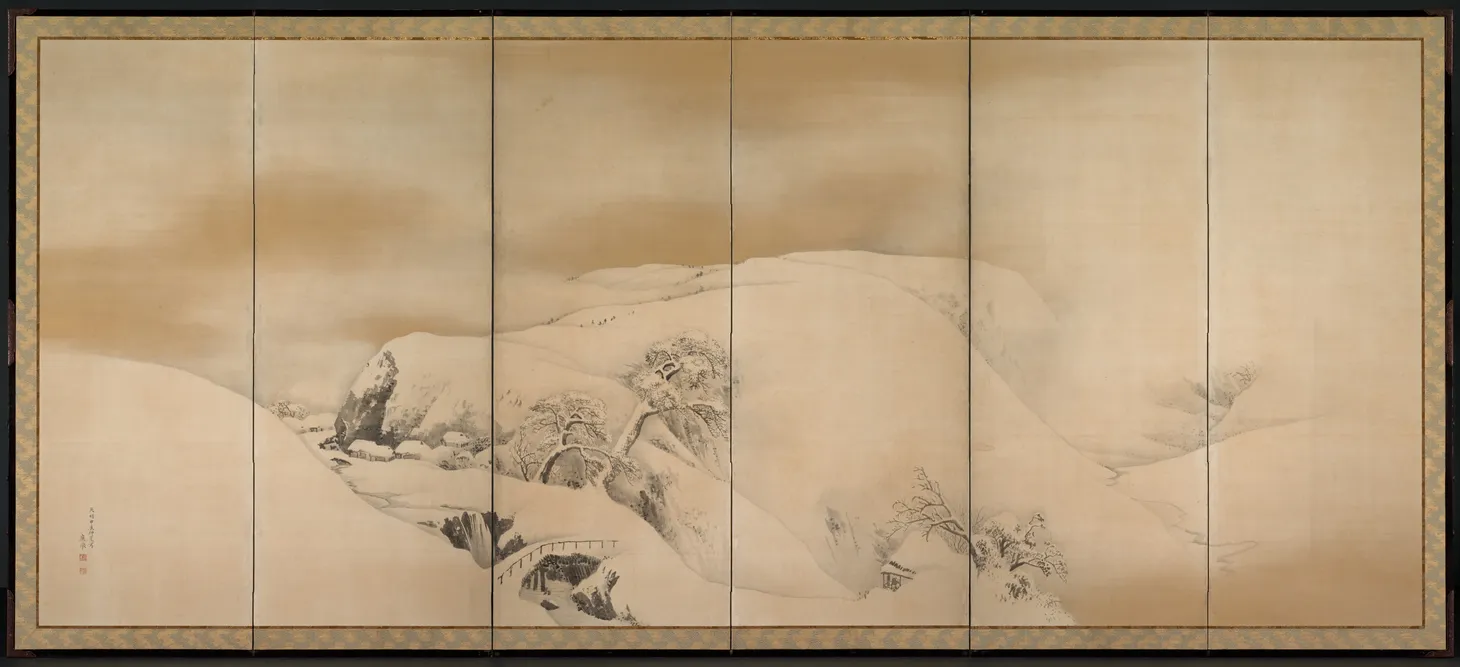
The Popularity of East Asian Buddhist Woodblock Prints
Discussion of using images to teach continuity of Buddhism in East Asia
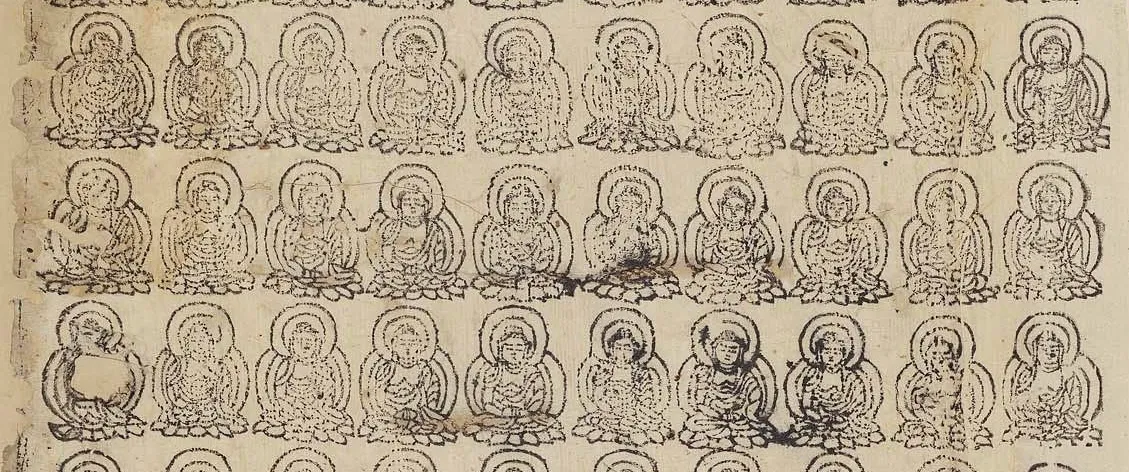
Visualizing the Continuity of Asian Trade Networks in Sixteenth-Century Japanese Nanban Screens
Discussion of Japanese nanban screens and teaching continuity in the sixteenth-century Indian Ocean.
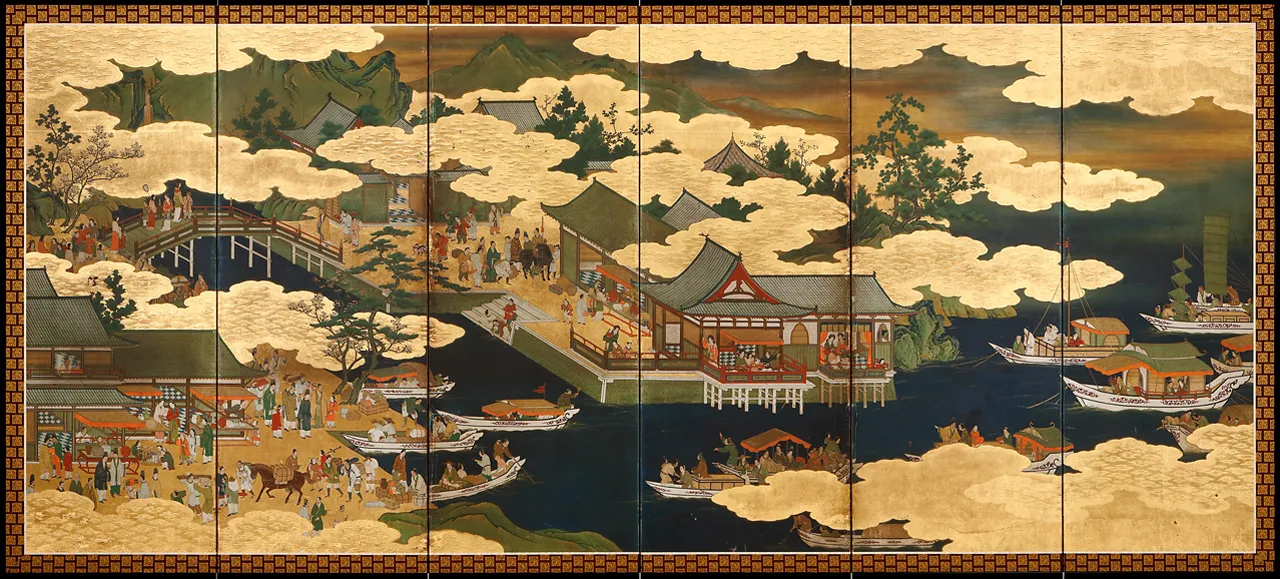
Stepping Out from Zheng He’s Shadow: World History, Ming China, and Greater East Asia in the Fifteenth Century
Most authors of world history textbooks and world history teachers seem to love the voyages of Zheng He. The treasure ships dwarfed all contemporary ships, the two main individuals (the Yongle Emperor and Admiral Zheng He) were larger than life characters, and there were African giraffes being mistaken for mythical
